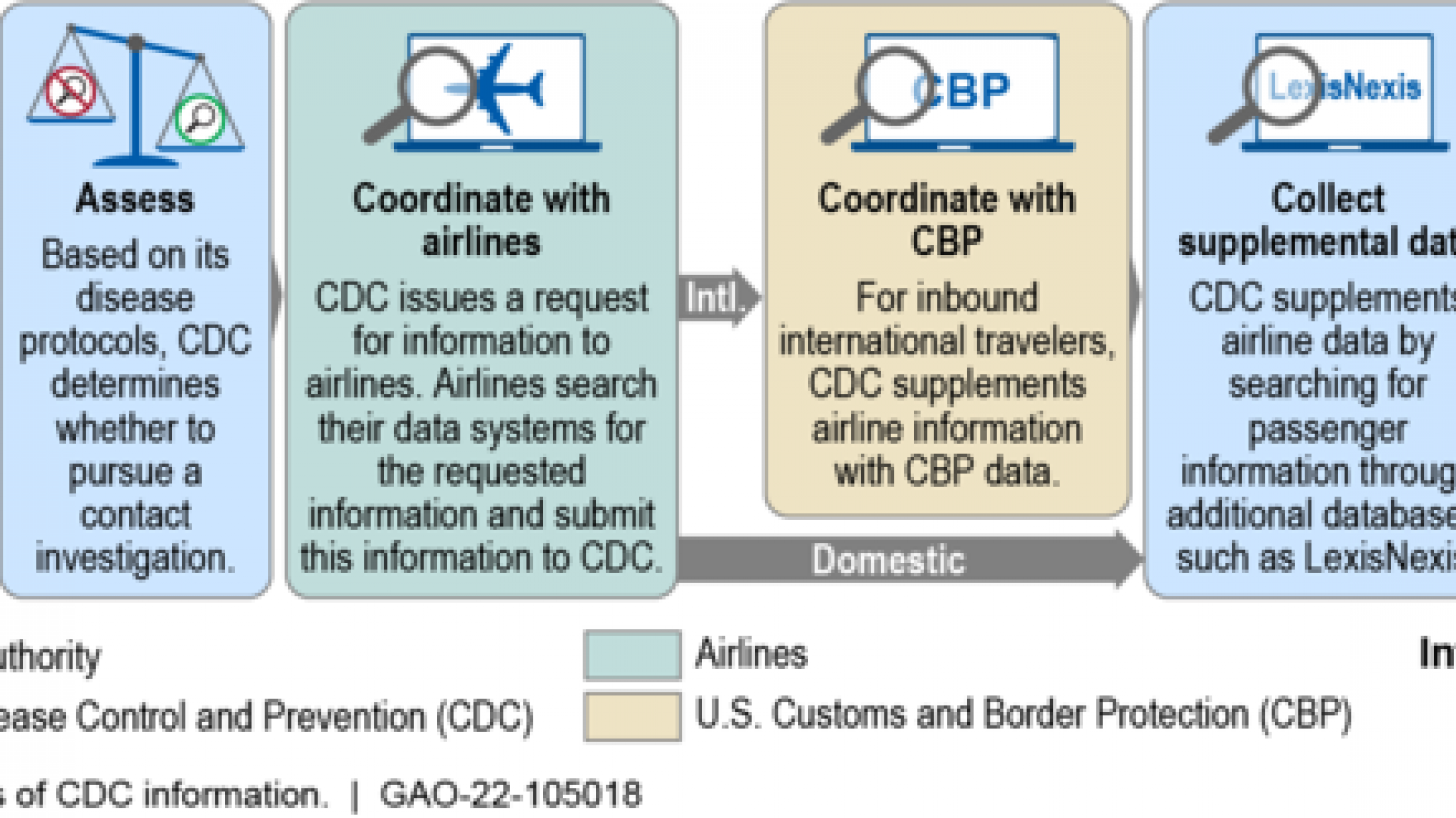WHO Extends COVID-19 Pandemic Emergency Status

The WHO Director-General recently announced ‘he concurs with the advice offered by the Emergency Committee regarding the ongoing COVID-19 pandemic and determines that the event continues to constitute a Public Health Emergency of International Concern.’
Dr. Tedros Adhanom Ghebreyesus confirmed on July 12, 2022, that the ‘Committee unanimously agreed that the COVID-19 pandemic still meets the criteria of an extraordinary event that continues to adversely impact the health of the world’s population and that the emergence and international spread of new SARS-CoV-2 variants may present an even greater health impact.’
Dr. Michael J. Ryan, a WHO executive, expressed his concern regarding the current global COVID-19 epidemiological situation on July 8, 2022. Cases of COVID-19 reported to WHO had increased by 30% in the last two weeks, largely driven by Omicron BA.4, BA.5, and other descendent lineages.
The Committee noted that both the trajectory of viral evolution and the characteristics of emerging virus variants remain uncertain and unpredictable. The resulting selective pressure on the virus increases the probability of new, fitter variants emerging, with different degrees of virulence, transmissibility, and immune escape potential.
The Committee highlighted the need to improve surveillance by broadening and developing an array of approaches and tools aiming at achieving global situational population-based and geographic representativeness.
These include, but are not limited to, the integration of self-testing results and sentinel surveillance approaches into national and global surveillance schemes and aggregate sampling strategies with Nucleic Acid Amplification Test-based tools and detailed deep genome sequence probing.
Novel surveillance approaches would also enhance better assessment of trends in the epidemiology of infection, disease, and viral evolution, as well as trends in health system capacity.
The Committee acknowledged the need to expedite the integration of COVID-19 surveillance into routine systems by integrating COVID-19 surveillance with the surveillance of other respiratory pathogens; and recognized the potential value of supplementing surveillance with wastewater surveillance.
In addition, access to timely and accurate testing, with linkage to clinical care and therapeutics, needs to be maintained.
Achieve national COVID-19 vaccination targets in accordance with global WHO vaccination targets and the updated WHO SAGE Roadmap for prioritizing uses of COVID-19 vaccines.
This includes a primary series and booster dose as per WHO SAGE recommendations.
Furthermore, the WHO stated, ‘Do not require proof of vaccination against COVID-19 for international travel as the only pathway or condition permitting international travel.’
‘States Parties should consider a risk-based approach to the facilitation of international travel.’
And ‘The implementation of travel measures (such as vaccination, screening, including via testing, isolation/quarantine of travelers) should be proportionate based on risk assessments and should avoid placing the financial burden on international travelers.’
Separately, the U.S. CDC confirmed it would improve the collection of international air passenger contact information to better monitor public health risks after a U.S. Government Accountability Office issued a report on July 11, 2022, that found the current data system ‘needs substantial improvement.’
‘Several factors affect CDC's ability to collect timely, accurate, and complete air passenger information to support contact tracing by local public health authorities.’
‘For example, airlines may not have accurate and complete information about passengers to share with CDC because the contact information provided to book a ticket may be for a third party, like a travel agent, not for passengers.’
‘Further, because no single, complete, and reliable source of passenger information exists.'
‘The CDC often conducts research to fill in gaps, extending the time it takes to share information with local public health authorities.’
The GAO offered three recommendations, including the CDC redesigns its data management system for air passenger information or deploys a new one. CDC concurred with the recommendations.’
Vax-Before-Travel publishes fact-checked, research-based travel vaccine news curated for international travelers.
Our Trust Standards: Medical Advisory Committee
- Statement on the twelfth meeting of the International Health Regulations Emergency Committee regarding the COVID-19 pandemic
- Interim position paper: considerations regarding proof of COVID-19 vaccination for international travellers
- Contact Tracing for Air Travel: CDC's Data System Needs Substantial Improvement
























